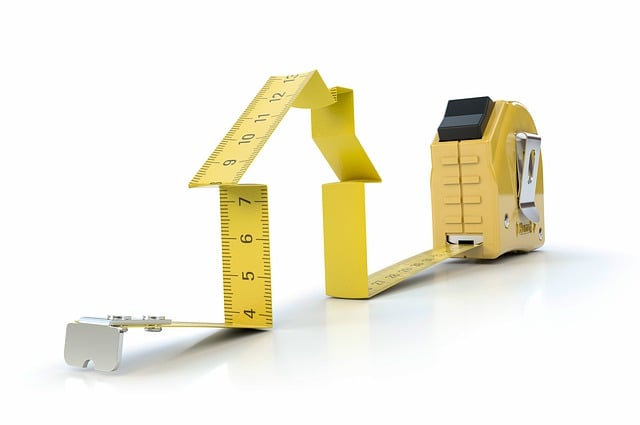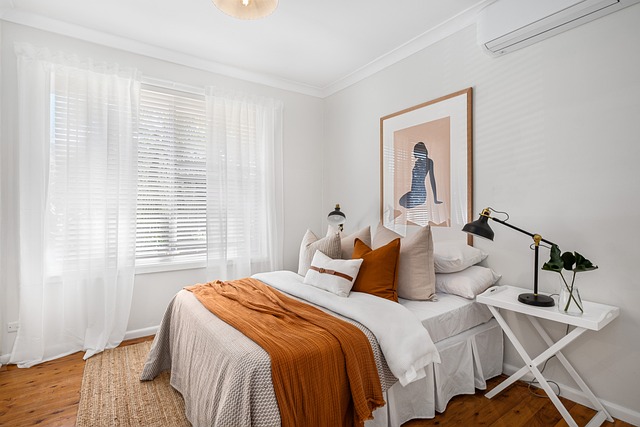Modular Home vs. Manufactured Home: Understanding the Differences
betbhai247, playexch live, gold365:Modular Home vs. Manufactured Home: Understanding the Differences
Are you in the market for a new home but feeling overwhelmed by the various options available? One common source of confusion for potential homebuyers is the difference between modular homes and manufactured homes. While both types of homes are built off-site in a factory setting, there are significant differences in terms of construction, design, and regulations. In this article, we’ll break down the distinctions between modular homes and manufactured homes to help you make an informed decision.
Modular Homes: The Basics
Let’s start by discussing modular homes. These homes are built in sections, or modules, in a controlled factory environment. They are constructed according to local building codes and can be customized to suit the homeowner’s preferences. Once the modules are completed, they are transported to the building site and assembled on a permanent foundation.
Modular homes are often mistaken for mobile homes or manufactured homes, but they are actually quite different. Modular homes are considered real estate and are subject to the same zoning regulations and building codes as traditional stick-built homes. They can be customized in a variety of architectural styles and are typically more durable and energy-efficient than manufactured homes.
Manufactured Homes: The Basics
On the other hand, manufactured homes are built on a steel chassis with wheels, making them easily transportable. These homes are constructed in a factory setting and are designed to comply with federal building codes set by the Department of Housing and Urban Development (HUD). Manufactured homes are often more affordable than modular homes and can be placed on a variety of property types, including leased land in a manufactured home community.
While manufactured homes are built to federal standards, they may not always meet local building codes or regulations. This can lead to limitations on where the home can be placed and potential restrictions on financing options. Manufactured homes are available in a range of sizes and styles, but they are typically less customizable than modular homes.
Differences in Construction
One of the key differences between modular homes and manufactured homes is the construction process. Modular homes are constructed in sections or modules that are transported to the building site for assembly. This allows for greater precision and quality control during the manufacturing process. Manufactured homes, on the other hand, are built on a steel chassis and transported in one piece to the final location.
Modular homes are typically built with traditional construction materials, such as wood framing and drywall, while manufactured homes often use lighter-weight materials to meet transportation requirements. This can result in differences in quality and durability between the two types of homes. Additionally, modular homes are usually constructed on a permanent foundation, while manufactured homes may sit on piers or blocks.
Design Options
Another significant difference between modular homes and manufactured homes is the level of customization available. Modular homes can be highly customized to meet the homeowner’s specific preferences, including layout, finishes, and architectural style. Homebuyers can choose from a variety of floor plans and design options to create a home that suits their needs and personal taste.
Manufactured homes, on the other hand, often have limited customization options. These homes are typically offered in a range of standard floor plans and finishes, with fewer opportunities for personalization. While some manufactured home manufacturers may offer upgrades or options for customization, the overall design flexibility is more limited compared to modular homes.
Regulatory Requirements
Regulatory requirements play a significant role in the differences between modular homes and manufactured homes. Modular homes are built to local building codes and regulations, just like traditional stick-built homes. This means that modular homes must meet the same standards for structural integrity, energy efficiency, and safety as site-built homes.
Manufactured homes, on the other hand, are subject to federal building codes established by HUD. These codes govern the design, construction, and installation of manufactured homes to ensure they meet minimum standards for safety and quality. While federal regulations provide a level of consistency and oversight for manufactured homes, they may not always align with local building codes, leading to restrictions on where the homes can be placed.
Cost Considerations
When it comes to cost, manufactured homes are generally more affordable than modular homes. Manufactured homes are mass-produced in a factory setting, which can lead to cost savings in materials and labor. This makes manufactured homes a more budget-friendly option for homebuyers looking for a low-cost housing solution.
Modular homes, on the other hand, tend to be more expensive due to the higher quality construction and customization options available. While modular homes offer greater flexibility in design and construction, this often comes with a higher price tag. Homebuyers should weigh the upfront costs of modular homes against the long-term benefits of increased durability and energy efficiency.
Choosing the Right Home for You
Ultimately, the decision between a modular home and a manufactured home will depend on your budget, preferences, and housing needs. Modular homes offer greater customization and quality construction but come at a higher cost, while manufactured homes are more affordable but may have limitations in design and construction.
Before making a decision, it’s essential to research both types of homes and consider factors such as location, financing options, and resale value. Consulting with a real estate agent or home builder can also provide valuable insights into the pros and cons of each type of home.
FAQs
1. Are modular homes more durable than manufactured homes?
Modular homes are generally built with higher-quality materials and construction methods than manufactured homes, making them more durable in the long run.
2. Can I finance a manufactured home like a traditional mortgage?
Financing options for manufactured homes can vary, but many lenders offer specialized loans for manufactured home purchases. Be sure to research your options and compare rates to find the best financing solution for your needs.
3. Are modular homes more energy-efficient than manufactured homes?
Modular homes are often more energy-efficient than manufactured homes due to the higher quality construction and customization options available. Upgrades such as energy-efficient appliances and insulation can further improve the energy efficiency of a modular home.
4. Can I move a modular home after it’s assembled?
While modular homes are typically assembled on a permanent foundation, it is possible to relocate a modular home to a different site if necessary. This process can be complex and costly, so it’s essential to consider the logistics and potential challenges before moving a modular home.
In conclusion, understanding the differences between modular homes and manufactured homes is crucial when considering your housing options. By weighing the factors of construction, design, regulatory requirements, cost, and durability, you can make an informed decision that meets your needs and budget. Whichever type of home you choose, be sure to research thoroughly and consult with professionals to ensure a smooth and successful home-buying experience.







